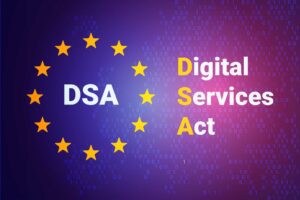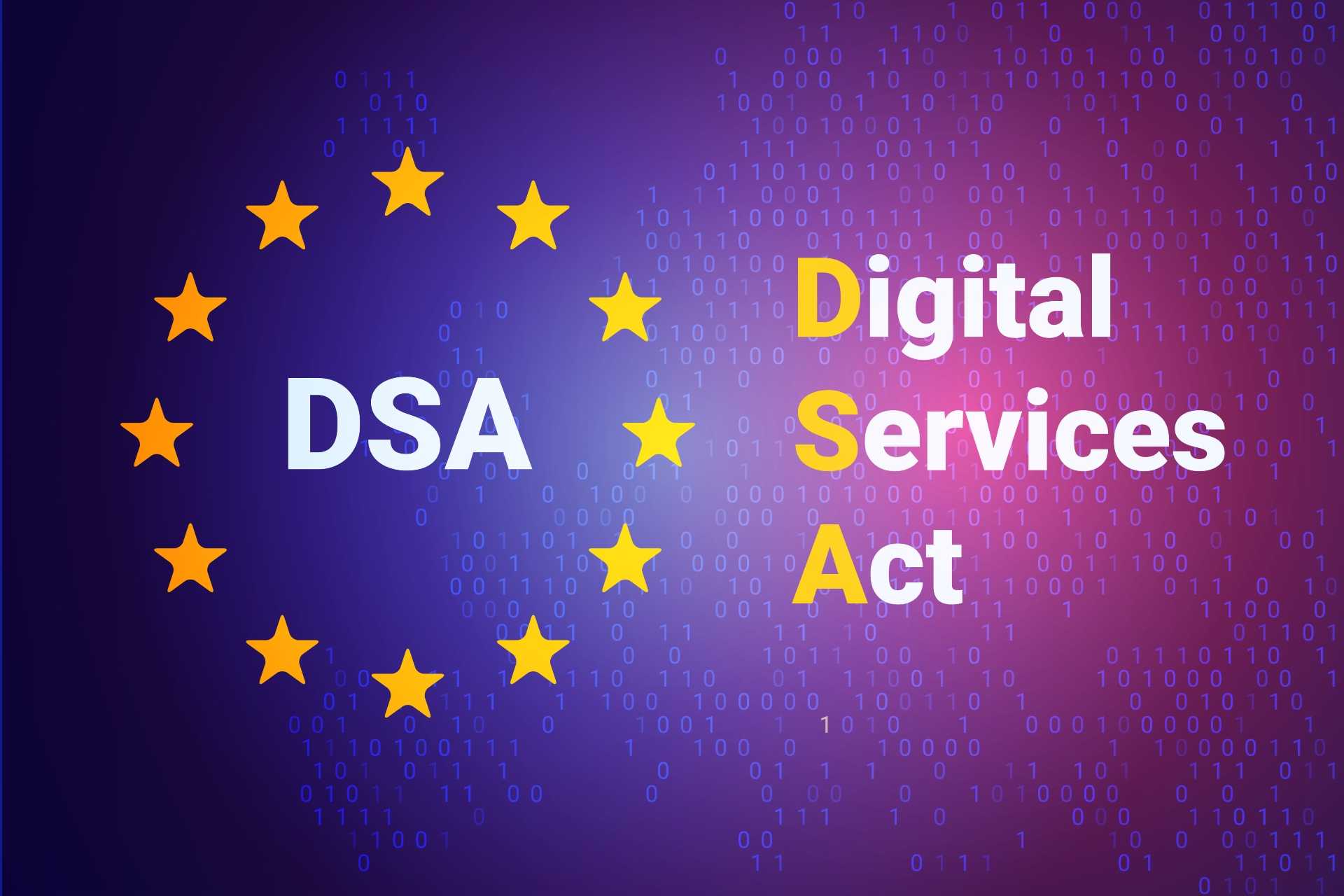What is Gamification and what benefits does it bring to Digital Onboarding?
Digital Onboarding is a key process for integrating new employees into the company. Thanks to Gamification, this process can be made even more engaging, helping new employees learn about company dynamics and organizational processes quickly and productively.
What is Gamification? The principle behind Gamification is to use typical game dynamics (e.g., points, levels, rewards and leaderboards) in non-game contexts, such as Digital Onboarding.
Through Gamification, learning becomes a more natural and intuitive process that captures the attention of employees, stimulating collaboration and discussion.
According to American author Jane Mcgonigal, who advocates the use of mobile and digital technology to stimulate positive and collaborative attitudes in a real-world context, game elements can facilitate understanding of the current world, support virtuous social behaviors, and help people make unrewarding experiences more bearable.
In detail, games can offer four types of positive experiences:
- The experience of research: the opportunity to solve problems and overcome challenges;
- The experience of collaboration: the importance of teamwork to achieve a goal;
- The experience of learning: the opportunity to learn new skills and competencies;
- The experience of creativity: the ability to develop new ideas and innovative solutions.
Onboarding Gamification is a powerful tool to help employees become familiar with their role in the company. In addition, it offers a number of benefits such as fast and effective learning, reduced dropout rates, engagement, stimulation to overcome challenges and goals, and collaboration and comparison among employees. All this leads to increased productivity.
What are the main elements of the different applications of Gamification?
There are some basic elements of Gamification that can fit into Onboarding processes:
- Points: are the currency of the game and can be awarded to employees based on their performance;
- Tasks: are assigned to the employee and must be completed to earn points and reach the next level;
- Levels: allow employees to be divided according to their competence and provide a clear view of the learning path;
- Badges: are awarded based on the employee’s actions and achievements and allow the employee’s successes to be valued;
- Leaderboards: stimulate competition among employees and foster collaborative learning;
- Challenges: allow employees to test their skills and competencies in a fun and engaging way;
- Rewards: can be awarded to employees for achieving predetermined goals;
- Altruism and competition: in some cases there is a need to incentivize employees to work together for the achievement of a common goal. The altruism and cooperation foster a good business environment and integration among employees.
Onboarding Gamification can be applied in different ways depending on the business context and needs. In general, it involves creating a playful and interactive learning path that engages new employees in different activities, such as solving quizzes and tests, or watching video tutorials, with even using augmented rality and virtual reality. It can also be applied to employee training processes to make them more enjoyable.
How can you apply Gamification to your Digital Onboardingprocess? Here a few suggestions:
- Create a learning path map to guide new employees;
- Use badges and points to enhance employee progress;
- Create leaderboards to stimulate competition;
- Organize events and fun activities to foster networking and integration among employees;
- Create video tutorials and interactive simulations to make the learning process more engaging.








